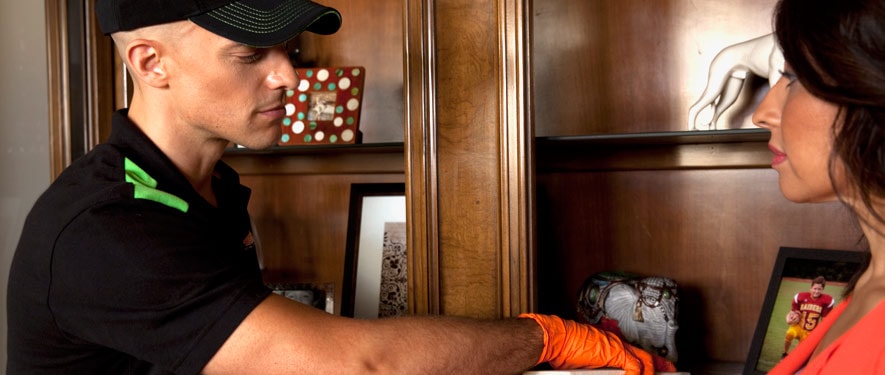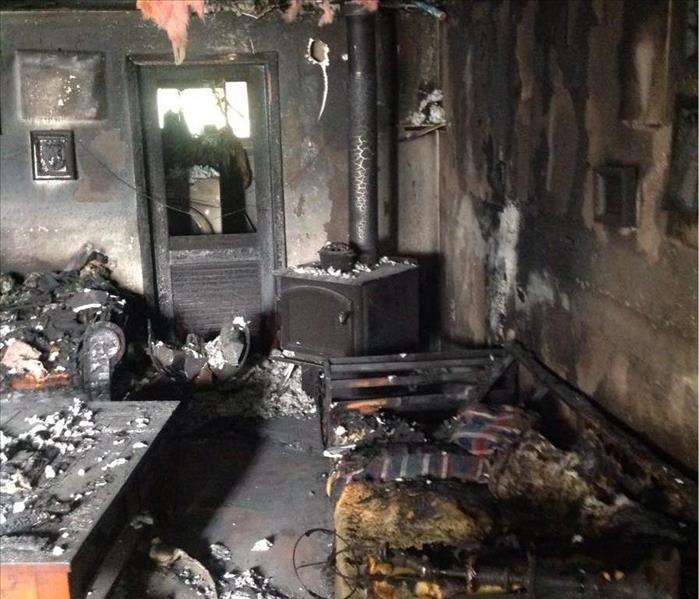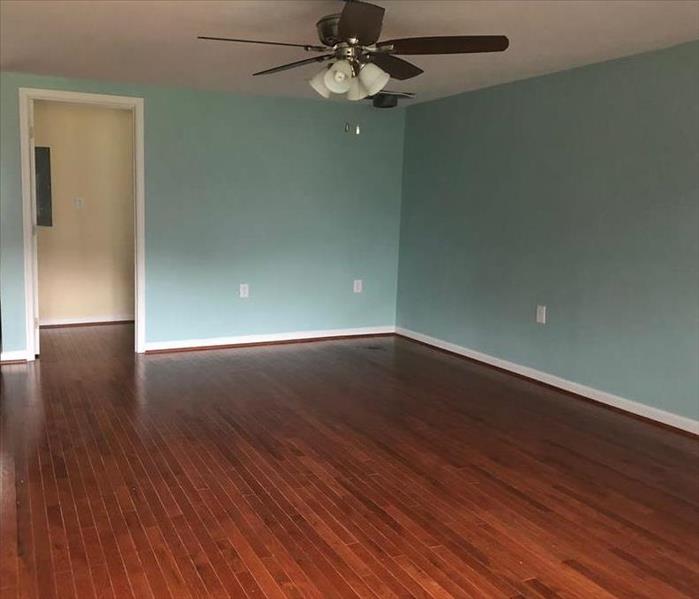
Fire Damage Emergency Tips
What you can do until help arrives
Water Tips | Fire Tips | Biohazard Tips | Mold Tips
From 2010-2014 there were an estimated 7,410 fires in food services facilities, which caused annual losses of $165 million in property damage. Cooking equipment was the root cause of over 60% of those fires with electrical malfunctions the next highest cause. Having an Emergency Ready Profile can help your restaurant manager be prepared when a disaster strikes. Here are a few tips your restaurant can follow:
The best way to avoid exhaust-hood and duct fires is by cleaning regularly with a razor or a scraper to avoid buildup in the first place. It is also recommended that you have a qualified contractor service your equipment at regular intervals and to professionally clean exhaust fans.
Even a small rip in a wire can lead to a fire in your kitchen, so be sure to check for frays, breaks, or damage to any wiring – even those that are out of sight – and don’t use items with damaged cords or with wires that are exposed.
Avoid setting one’s kitchen on fire, it is important to behave in an appropriate manner while cooking.
Preparation is a key component for making it through any disaster. The SERVPRO® Emergency READY Profile serves as a quick reference of important building and contact information or can be an ideal supplement to any well-designed emergency preparedness or existing contingency program.
Have Smoke or Fire Damage? Call (410) 647-8181
What To Do After A Fire
- Limit movement in the home to prevent soot particles from being embedded into upholstery and carpets.
- Keep hands clean so as not to further soil upholstery, walls and woodwork.
- Place clean towels or old linens on rugs, upholstery and carpet traffic areas.
- If electricity is off, empty freezer and refrigerator and prop doors open.
- Clean and protect chrome with light coating of petroleum jelly or oil.
- Wash houseplants on both sides of leaves.
- Change HVAC filter.
- Tape double layers of cheesecloth over air registers.
What NOT To Do After A Fire
- Don't attempt to wash any walls or painted surfaces or shampoo carpet or upholstery without contacting us.
- Don't attempt to clean any electrical appliances that may have been close to fire, heat or water without consulting an authorized repair service.
- Don't use any canned or packaged food or beverages that may have been stored near the fire, heat or water.
- Don't turn on ceiling fixtures if ceiling is wet. The wiring may be damaged.
- Don't send garments to an ordinary dry cleaner. Improper cleaning may set smoke odor.






 24/7 Emergency Service
24/7 Emergency Service




